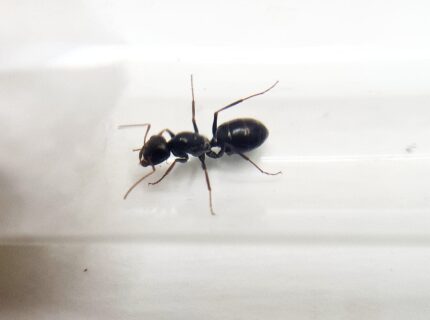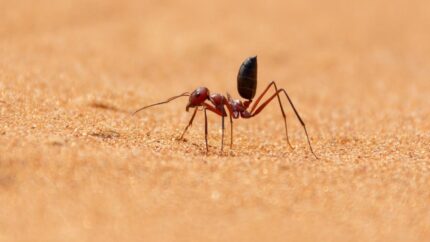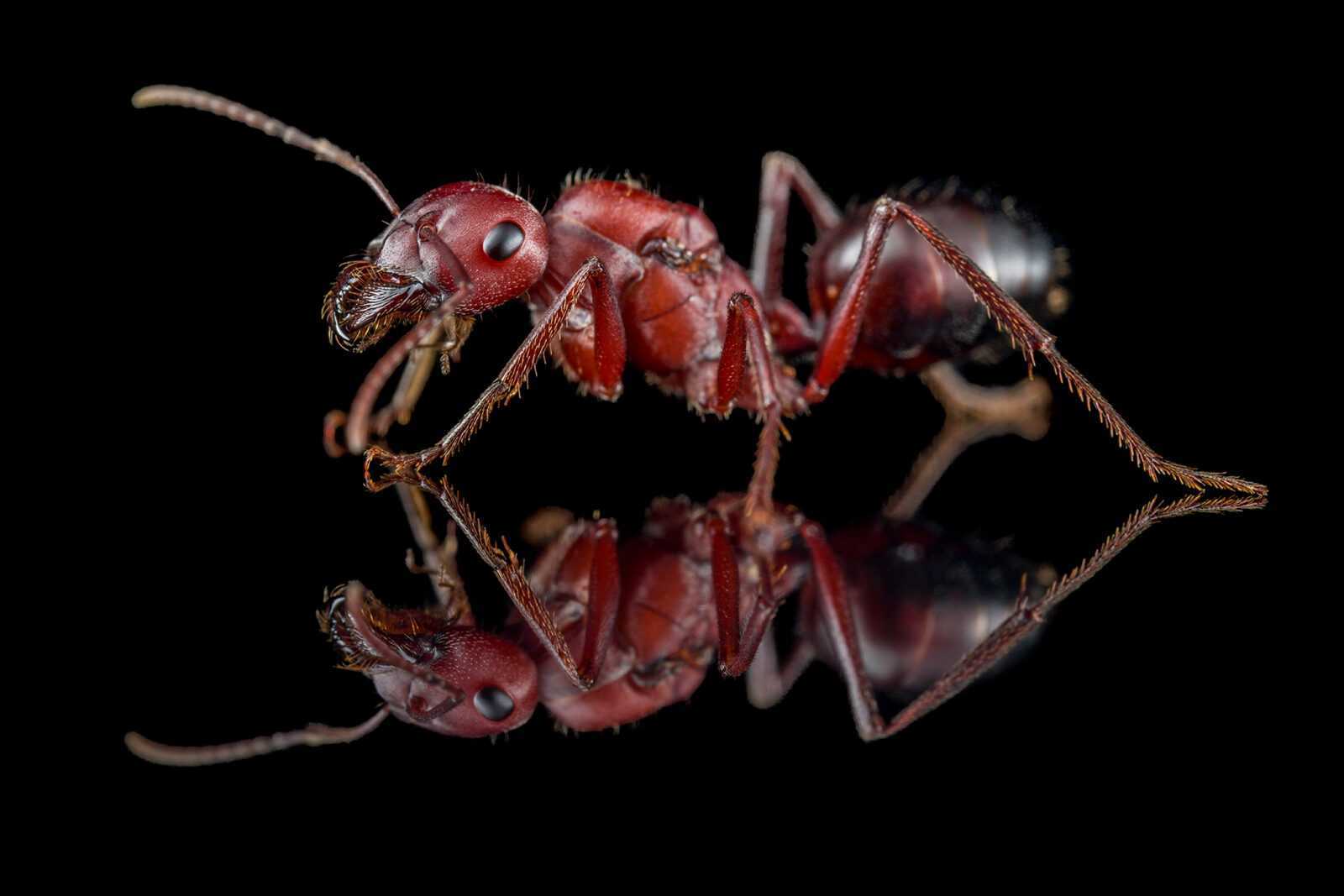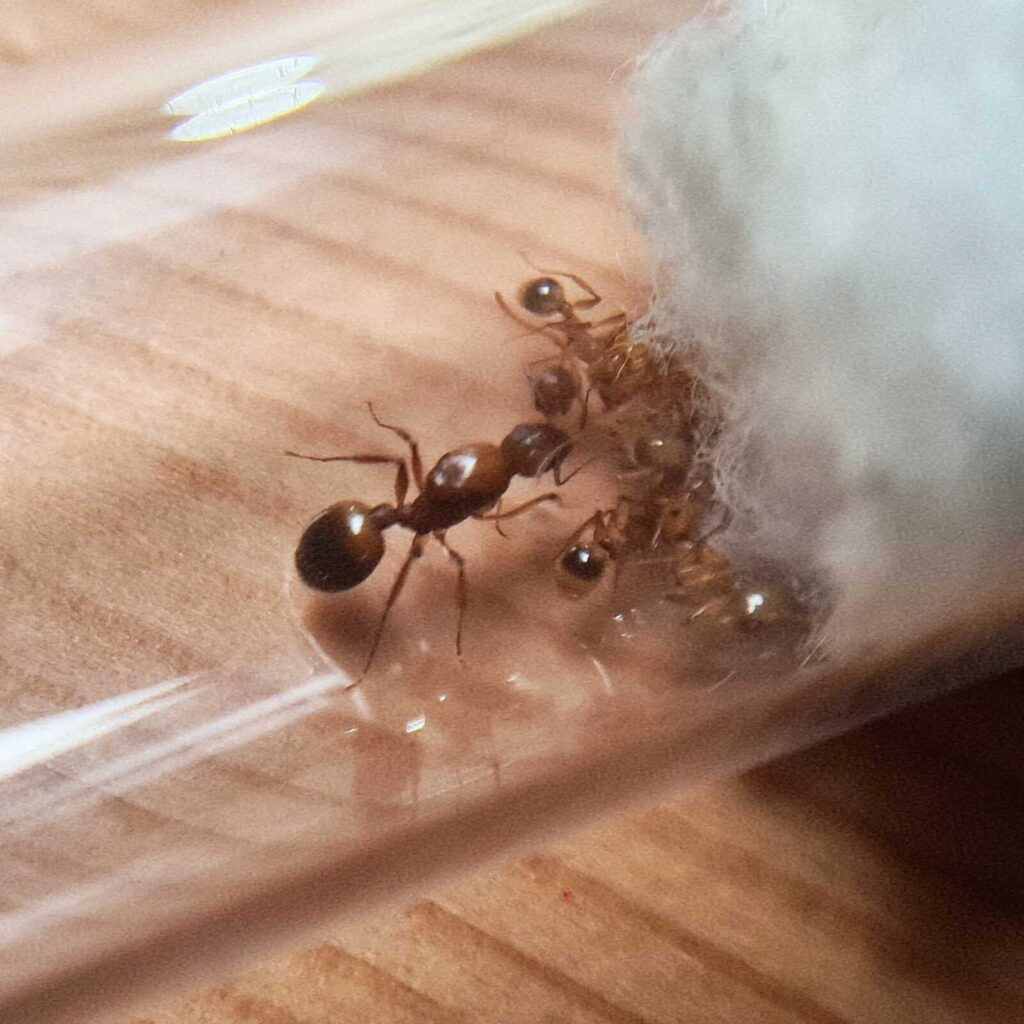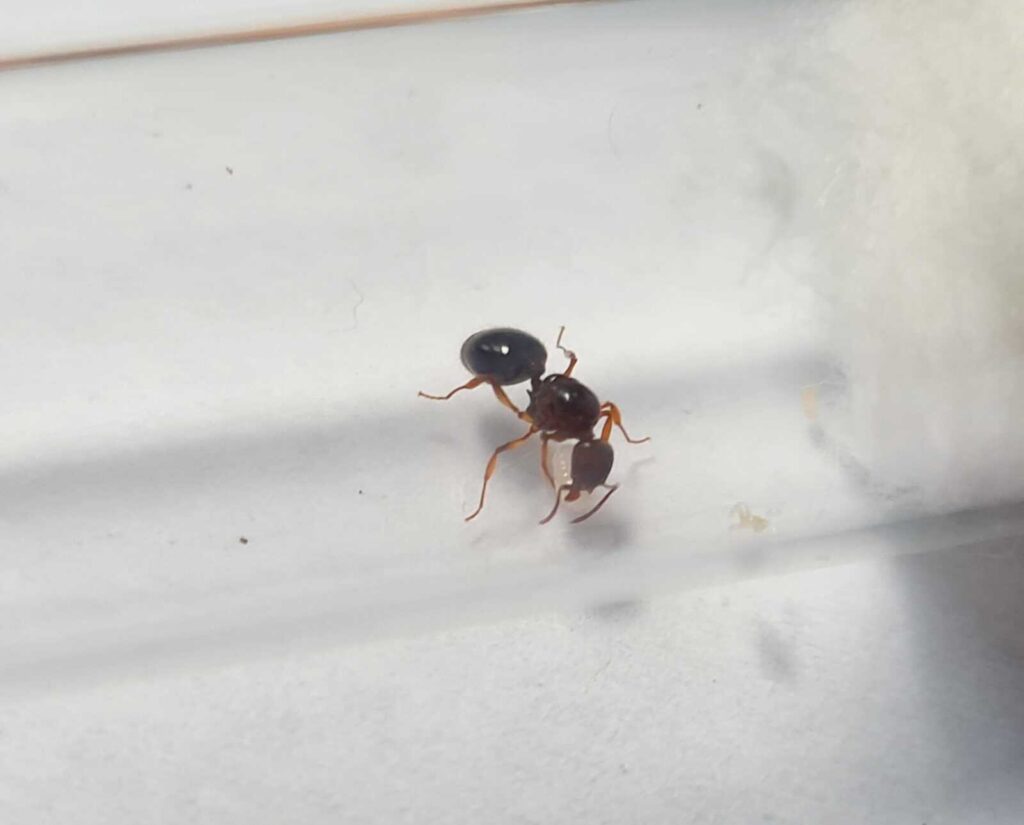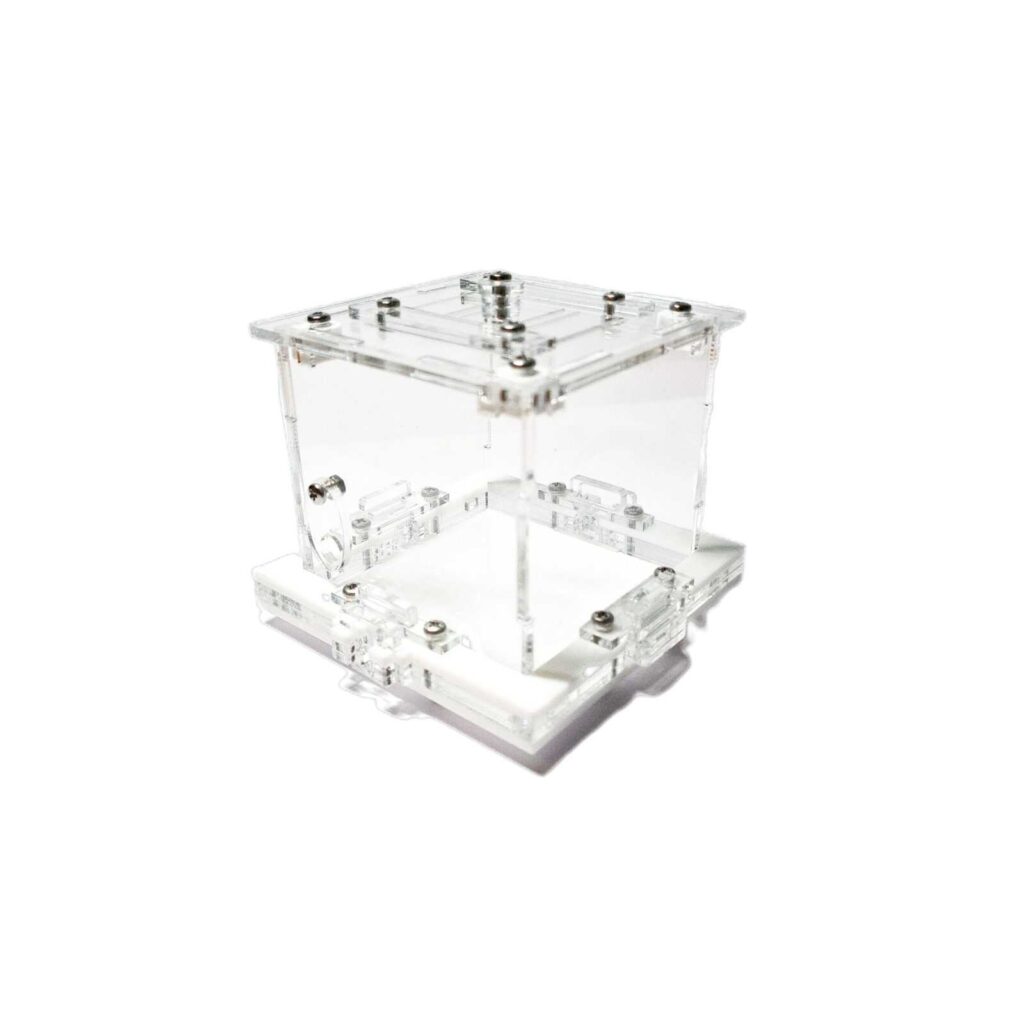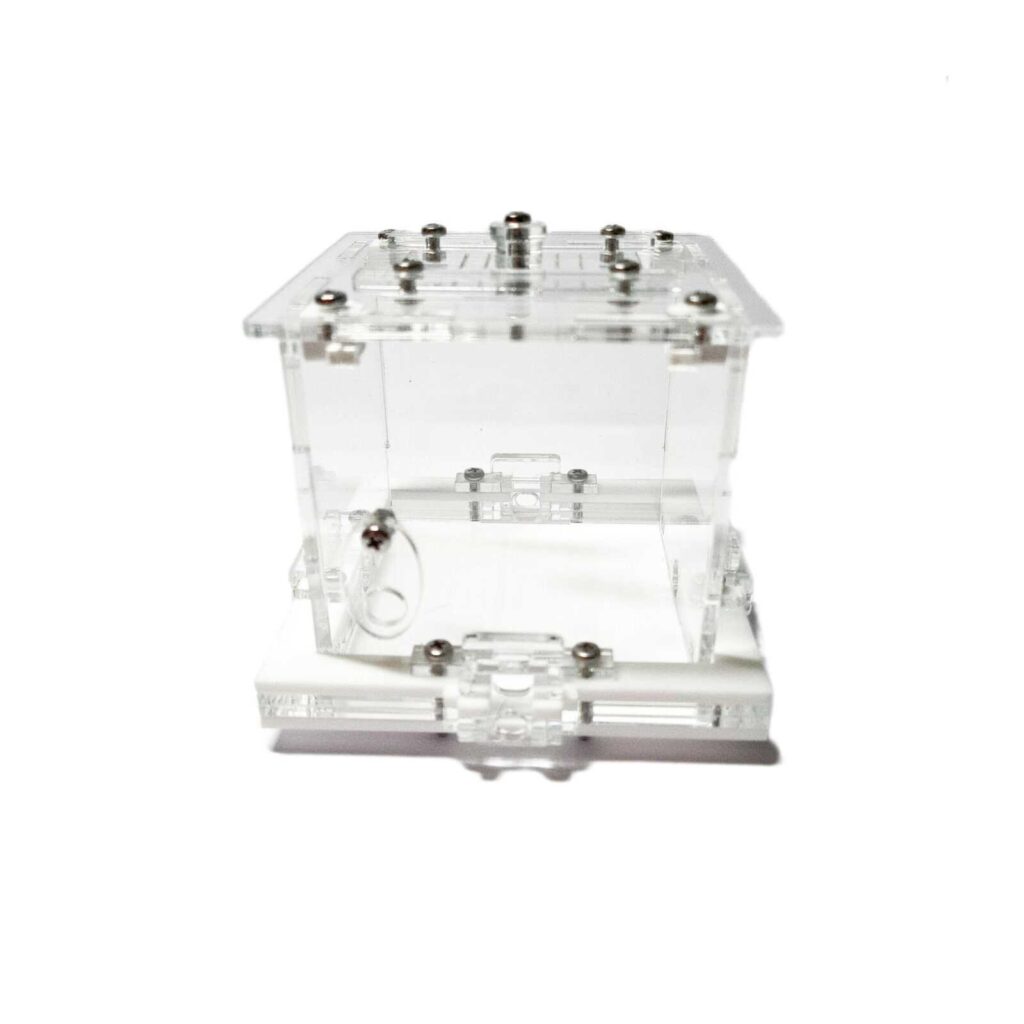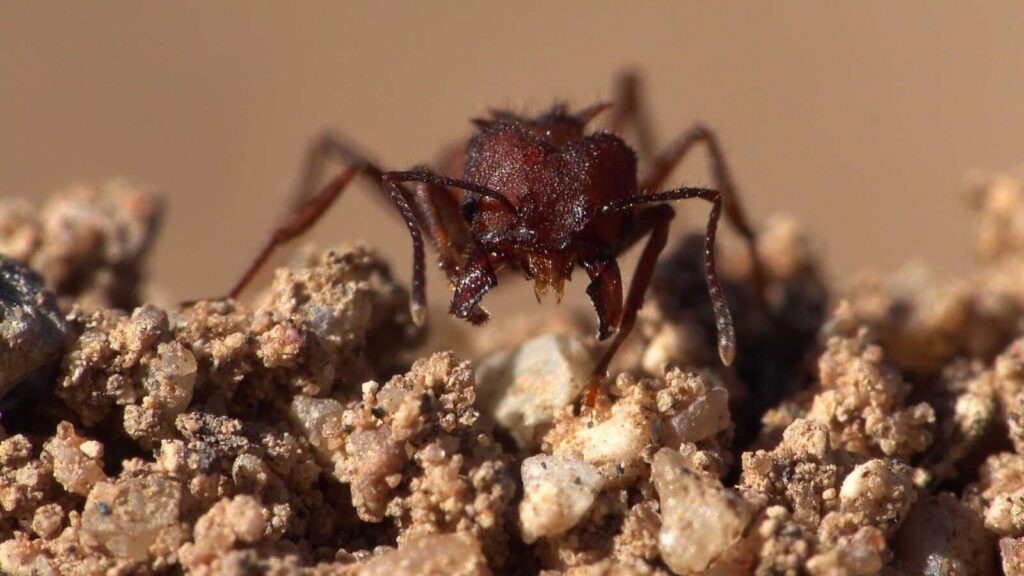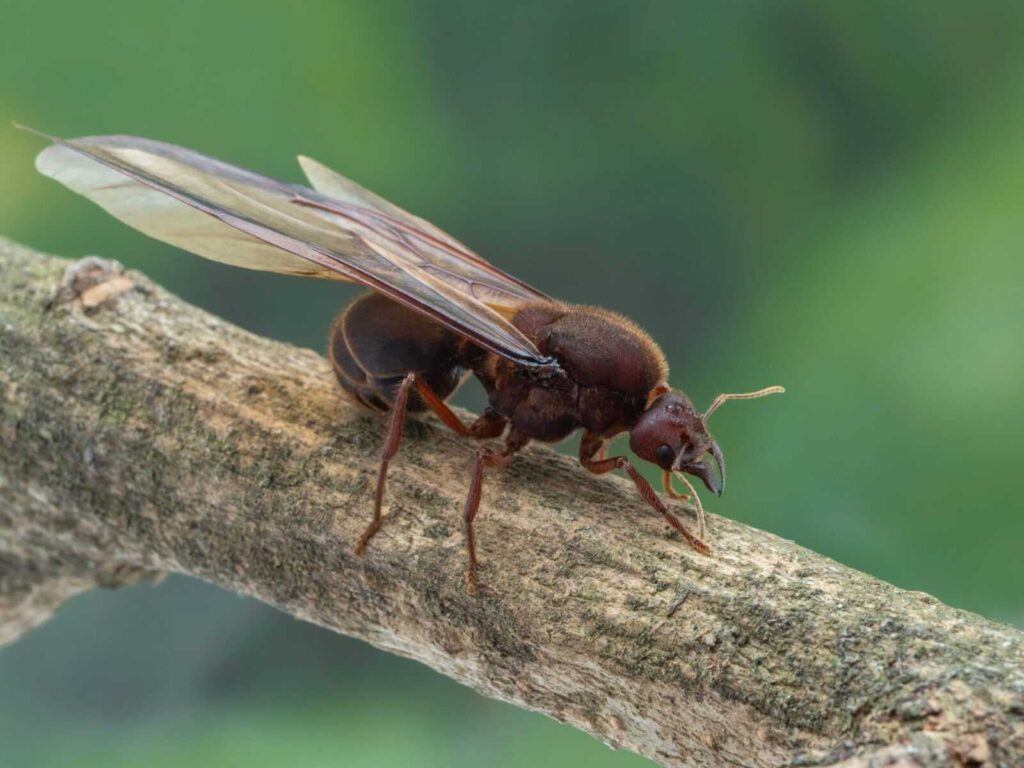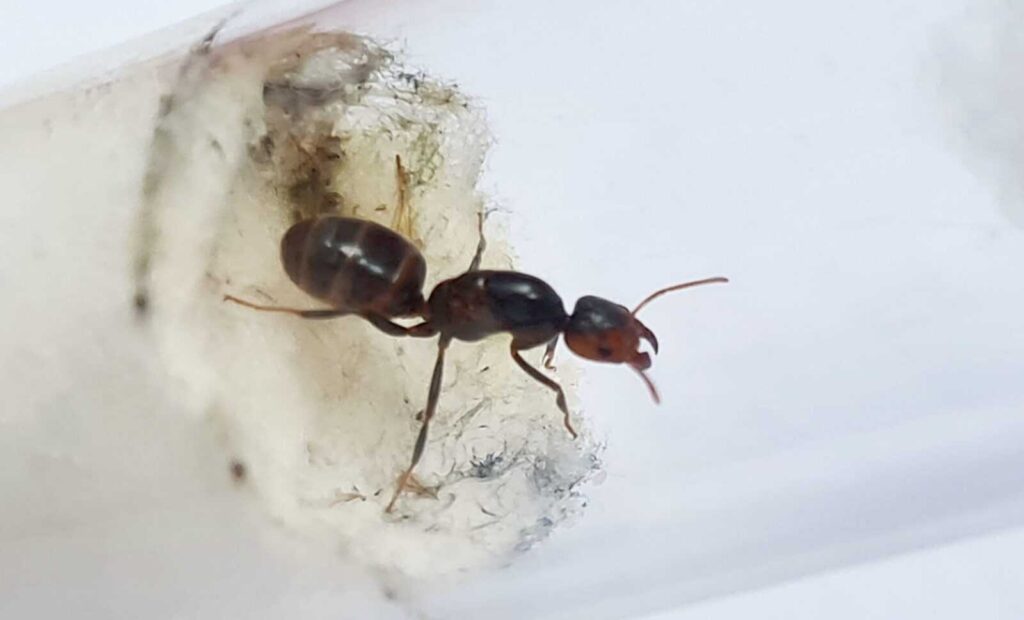Cataglyphis nodus
429,90 zł – 679,90 zł
Worldwide shipping
Free delivery over 500 PLN
The highest quality of goods
Live delivery guarantee
24/7 Personal Support
Fair Prices
Description
The Cataglyphis nodus is a species of ant with a polygynous colony type and a fast development speed. The colony can have up to 5000 workers and the ants range in size from 15-18 mm for the queen and 5-15 mm for the workers. They have a dark red color and their nutrition consists of food insects, syrup, fruit, vegetables, jelly, and cooked chicken without salt.
Additional information
| Behavior | |
|---|---|
| Difficulty in breeding | |
| Origin | |
| The size of ants | |
| Wintering |
Cataglyphis nodus: A Fast-developing and Striking Ant Species
Cataglyphis nodus is a species of ant known for its fast development speed and unique characteristics. This polygynous colony can grow up to a size of 10 000 individuals. With its dark red color and elongated legs, Cataglyphis nodus is a visually striking ant species.
Colony Type: Polygyny
Colony Size: Up to 10 000 workers
Development Speed: Fast
Size
- Queen: 15 – 18 mm
- Workers: 5 – 15 mm
Nutrition
- Food insects (such as cockroaches and crickets) dead, or live if colony is big
- Syrup (a mixture of water and honey or sugar, with a ratio of 4/3 water:1)
- Fruits and vegetables
- Jelly
- Cooked chicken without salt, shrimps
- Honey
Humidity and Temperature
For optimal health and well-being, Cataglyphis nodus requires specific humidity and temperature levels:
- Arena: Humidity 30 – 50%
- Nest: Humidity 40 – 60%
- Arena: Temperature 25 – 35 °C
- Nest: Temperature 24 – 28 °C
Recommended Equipment and Breeding
In order to effectively raise a Cataglyphis nodus colony, it is recommended to provide them with the following:
- Acrylic nests: These nests provide a suitable environment for the ants to breed and establish their colony.
- Aerated concrete nests: Another option for breeding Cataglyphis nodus, these nests offer a spatial arena for their growth and development.
While Cataglyphis nodus can be challenging to raise from a single queen, it is advisable to introduce donor cocoons or ants, even from a different subspecies, to ensure successful breeding and colony establishment. A suitable breeding environment is crucial for their growth and development.
Conclusion
Cataglyphis nodus is a fascinating ant species that stands out for its speed and unique characteristics. With the right care and environment, these ants can thrive and form impressive colonies. Take the time to provide them with the proper nutrition, humidity, and temperature levels, as well as suitable equipment for breeding. By doing so, you can witness the incredible growth and development of the Cataglyphis nodus colony in action.


